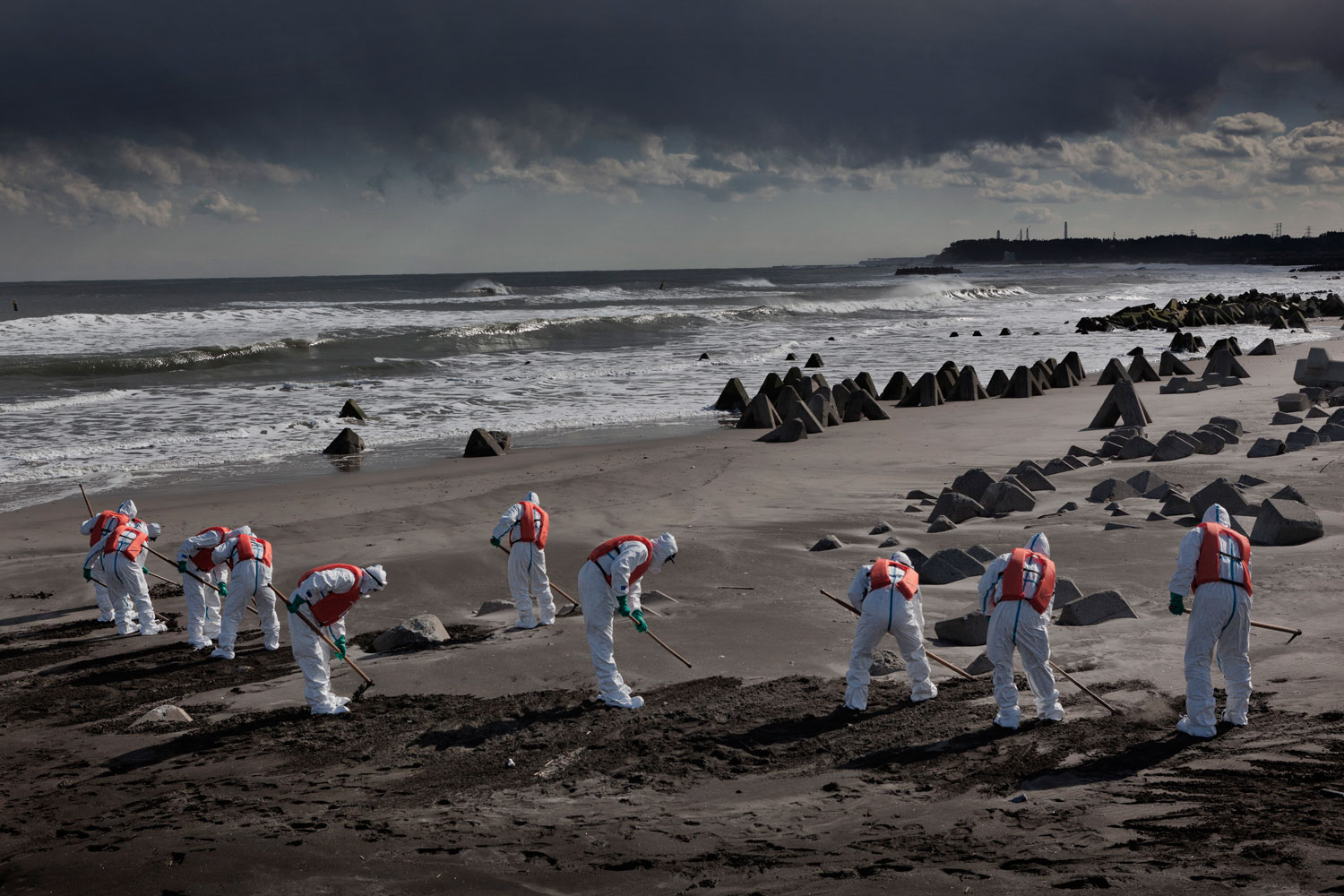
A year ago, it was hard to know what to expect. The three disasters that blindsided Japan on March 11, 2011—a 9.0 earthquake, a massive tsunami and a triple nuclear meltdown—created an unprecedented crisis for which there was no rulebook. After the water receded that Friday afternoon, leaving as many as 20,000 dead and tens of thousands of homes and businesses in ruins, a terrible stillness settled over Japan’s northeast coast. A dusting of snow fell onto empty highways, void of aid vehicles carrying food, fuel, water and blankets. Tsunami warnings were still in effect, keeping search-and-rescue teams away from obliterated seaside neighborhoods. As workers at the Fukushima Daiichi nuclear power plant scrambled to get the damaged reactors under control, loudspeakers echoed onto empty streets, instructing people to stay indoors to avoid radiation exposure.
Soon enough, of course, Japan emerged from its state of shock: Self Defense Forces, aid workers and hundreds of thousands of volunteers poured into the region to help. But a year later, the region’s physical recovery is not as far along as one might hope. Only 5% of the nearly 23 million tons of debris have disposed of, the looming piles at the edge of the sea a daily reminder of the huge task ahead. Town councils still argue over how and where to rebuild, and inside the closed-off evacuation zone around the crippled plant, policeman still search for victims whose remains were never recovered.
Rebuilding all that was lost will take time, but other things will take longer. In two towns in Miyagi prefecture, one of the worst-hit areas, 20% of residents report having chronic insomnia, and 5% report having a member of their household who is suicidal or having serious psychiatric problems. In Tokyo, people talk about the collective funk that the city can’t seem to shake. The crushing loss of life, community and faith in the nation’s public institutions all fuel this dark mood, and the dwindling spirit of volunteerism is reinforcing the feeling that Japan is fated to slip ever further from the perch of power and vitality it enjoyed in the late 20th century into a rudderless murk in which things are getting worse and may not get better.
Others are more optimistic. “In some ways, the earthquake was a great commodity,” says Kazuma Watanabe, the founder of Five Bridge, a Sendai-based group that has helped organize volunteers in Tohoku in the past year. “The sadness was consumed. The desire to volunteer was consumed. But like all consumption, it reached its limits. This is how a disaster works.” People may not be beating down the door to help like they were a year ago, but Watanabe says the chance to create something lasting from that wave of enthusiasm has not passed. What Japan needs now, he says, “is to turn that reaction into action.”
Krista Mahr is a correspondent at TIME. Find her on Twitter at @kristamahr.
James Nachtwey is a TIME contract photographer. Keep us with his work on his Facebook page.
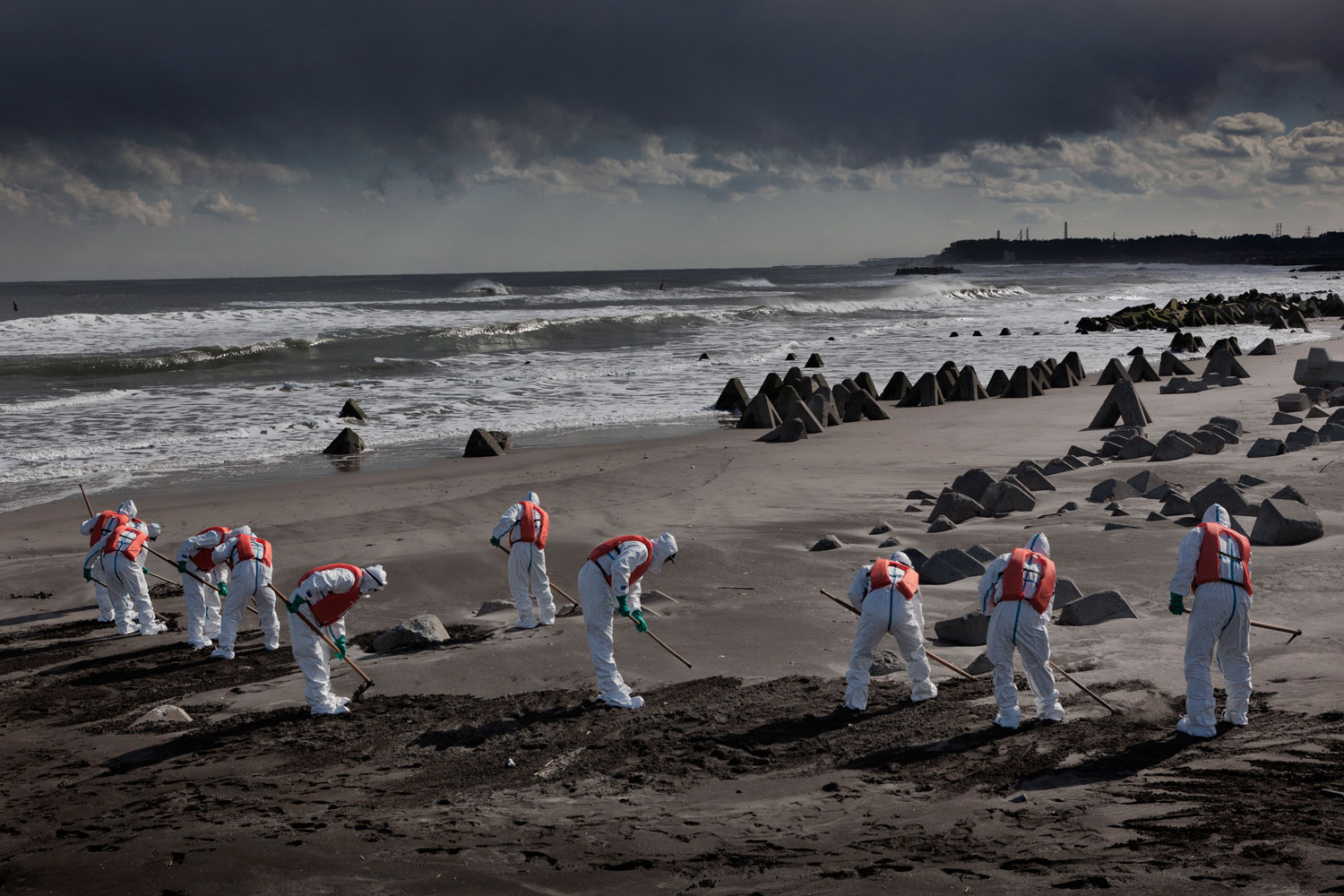
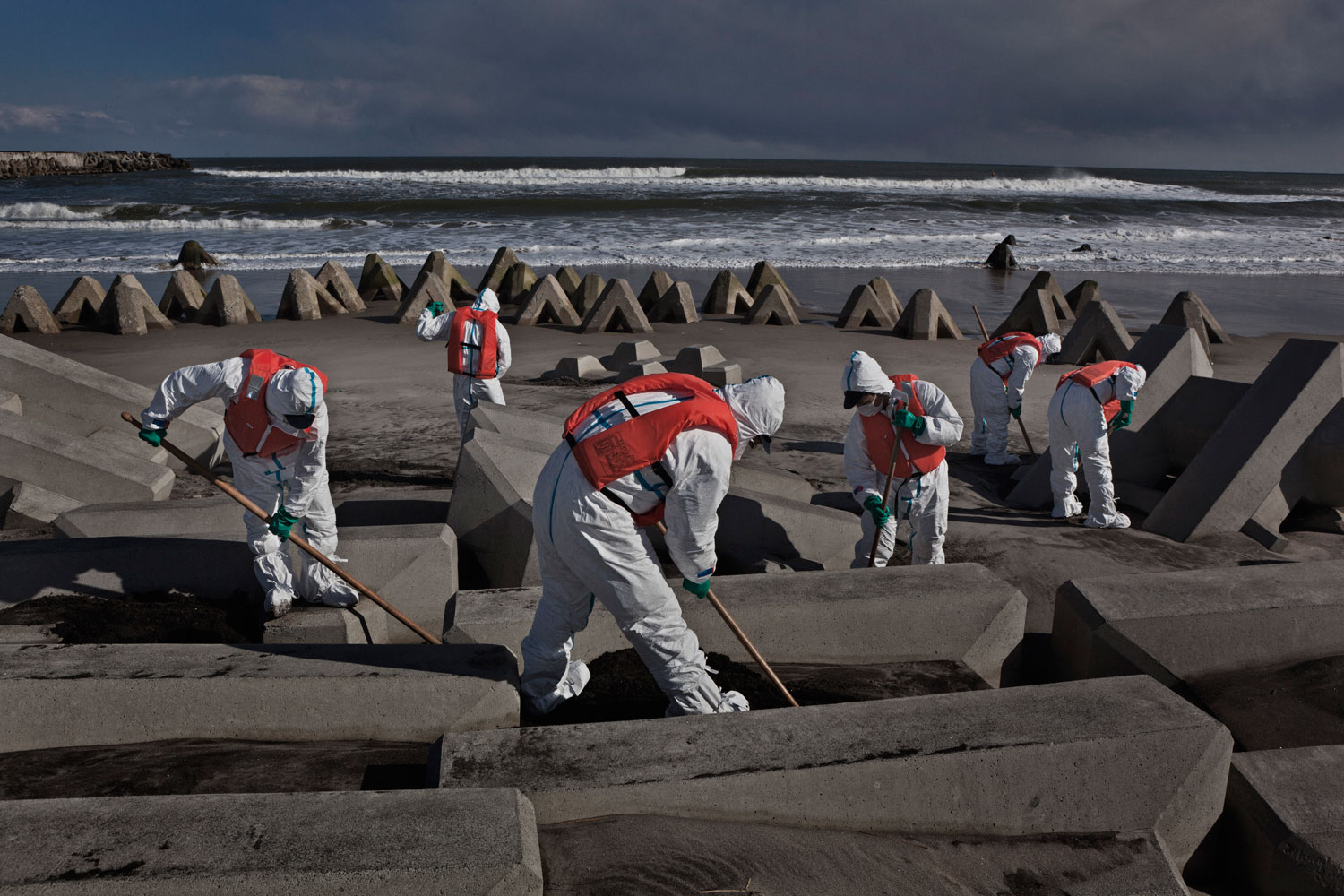





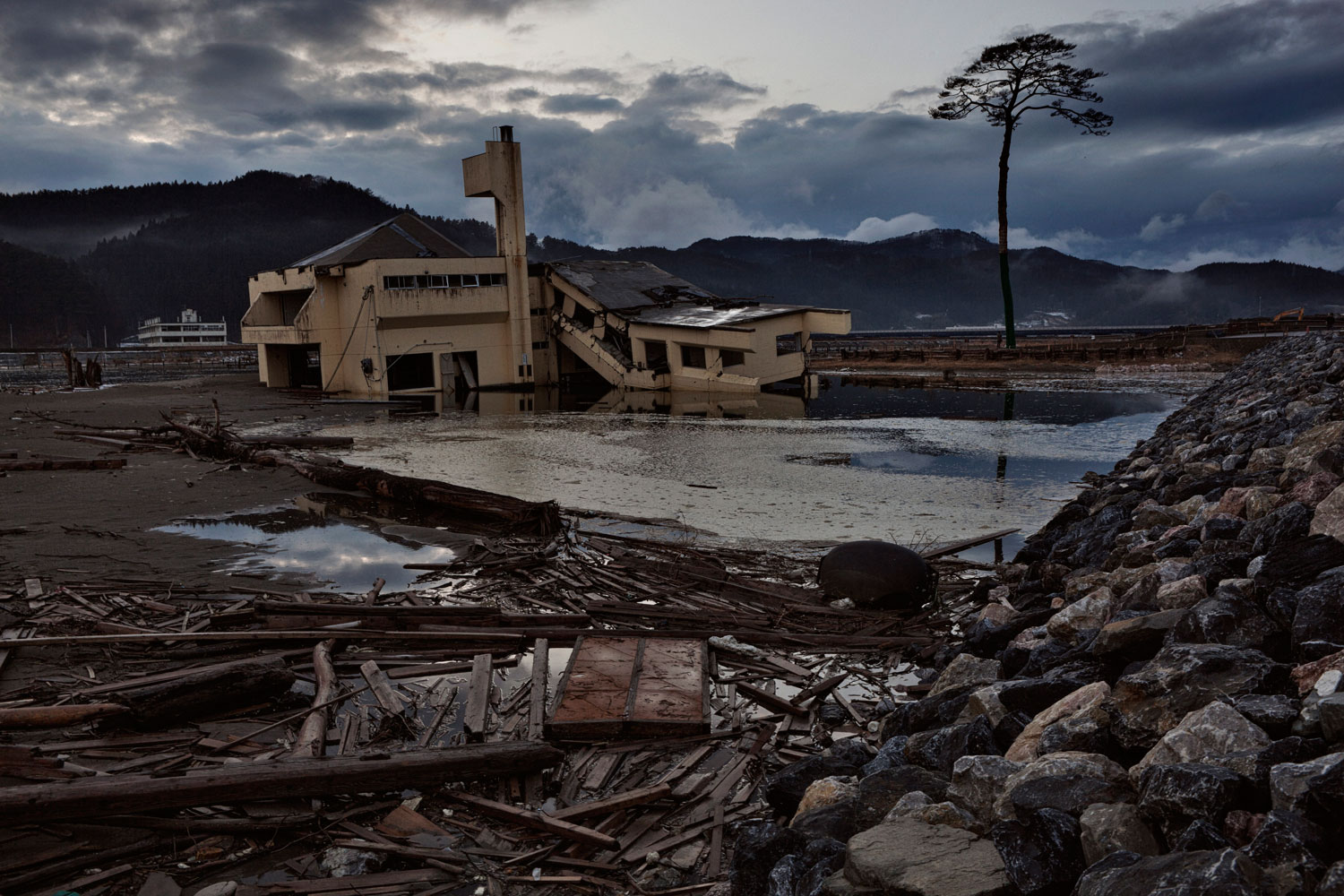


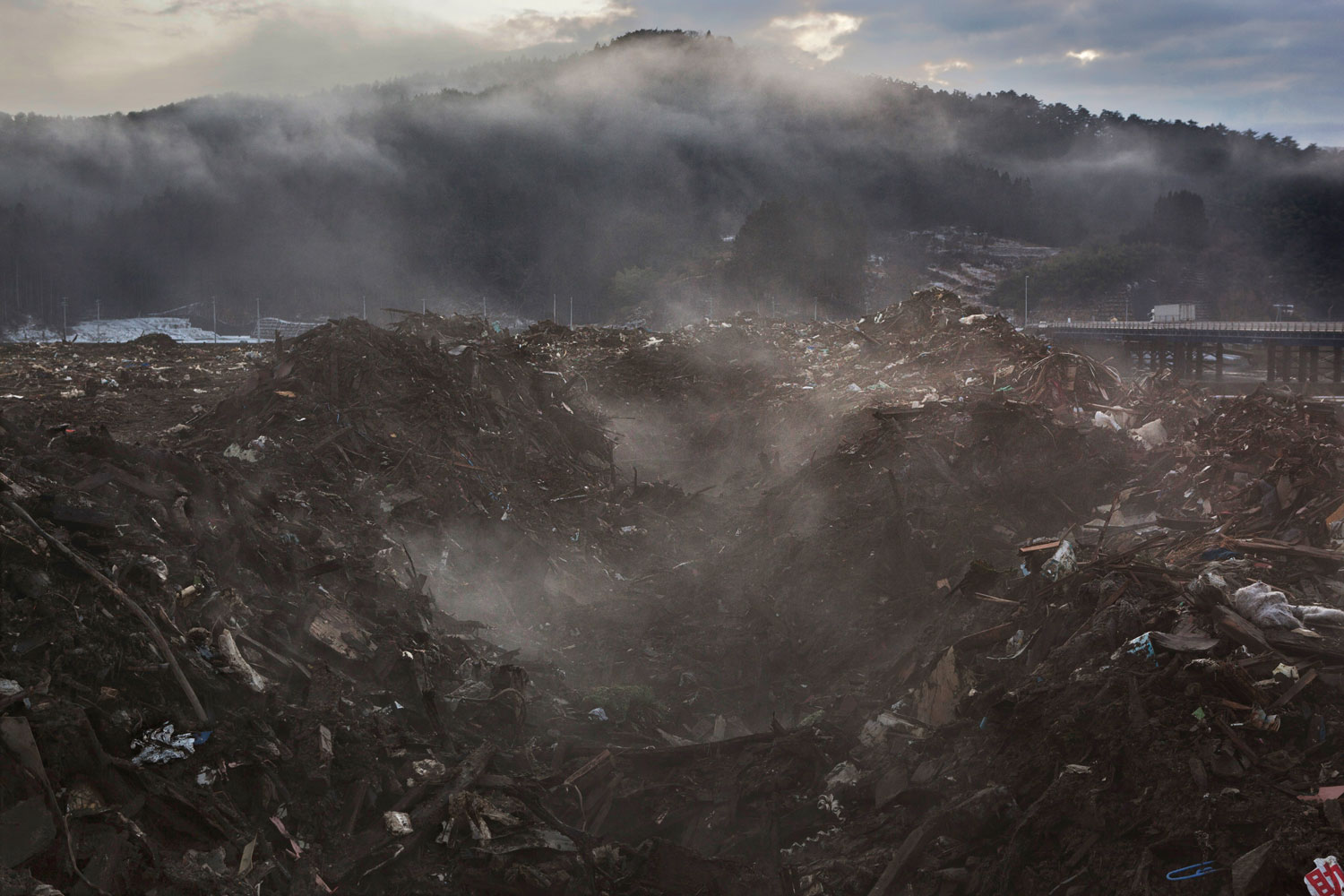

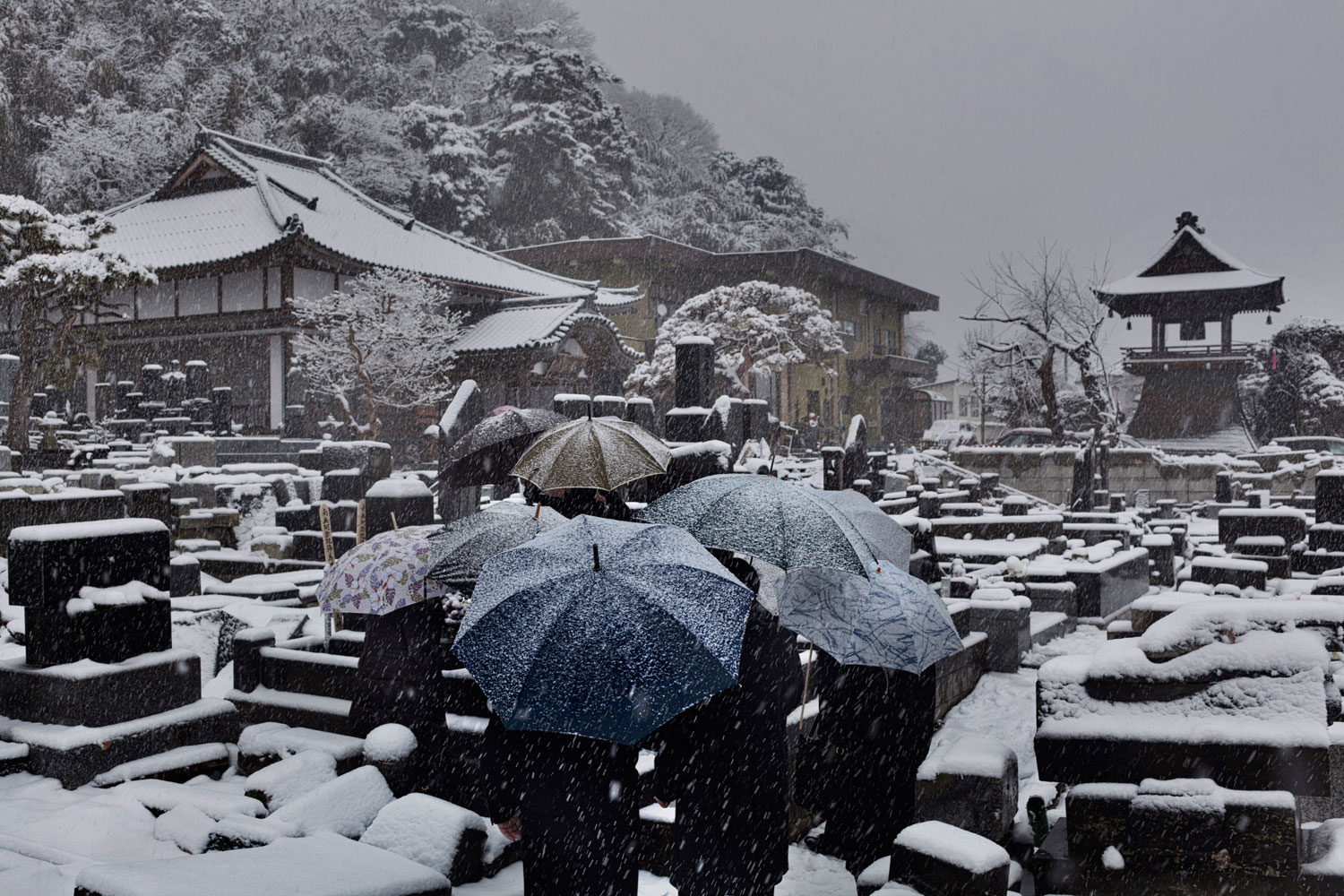

More Must-Reads From TIME
- The 100 Most Influential People of 2024
- How Far Trump Would Go
- Scenes From Pro-Palestinian Encampments Across U.S. Universities
- Saving Seconds Is Better Than Hours
- Why Your Breakfast Should Start with a Vegetable
- 6 Compliments That Land Every Time
- Welcome to the Golden Age of Ryan Gosling
- Want Weekly Recs on What to Watch, Read, and More? Sign Up for Worth Your Time
Contact us at letters@time.com